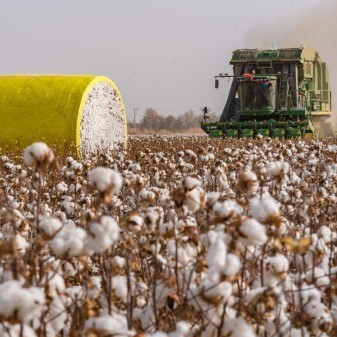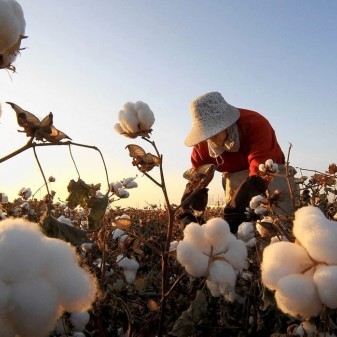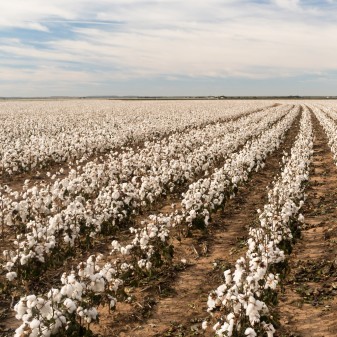
Reducing Carbon Footprint: Working Towards a Greener Future


Reduce Carbon, Grow the Future!
Reducing Carbon Footprint: Working Towards a Greener Future
Introduction
Global warming, environmental pollution, and the rapid depletion of natural resources are driving the urgent need for sustainable transformation across all industries. To build a greener future, businesses, individuals, and governments are focusing on solutions to reduce their carbon footprint.
Sustainable Operations with Renewable Energy
Energy is the backbone of production and logistics processes. However, the use of conventional energy sources can result in high carbon emissions. To address this, many businesses are transitioning to renewable energy sources:
These steps significantly reduce the environmental impact of energy use while helping businesses achieve their sustainability goals.
The Importance of Circular Economy and Recycling
The circular economy is an approach aimed at conserving resources and minimizing waste. This model enables the transformation of waste into valuable resources:
Recycling initiatives not only ensure more efficient resource utilization but also support environmentally responsible production processes.
Green Logistics Solutions
Supply chain management is one of the most emission-intensive areas. To enhance sustainability in logistics processes, the following methods can be applied:
These solutions reduce the environmental impact of logistics operations while supporting businesses in achieving their sustainability targets.
The Importance of Reducing Carbon Footprint
Reducing carbon emissions goes beyond environmental responsibility and offers several key advantages:
Conclusion
An environmentally conscious approach not only meets today’s needs but also shapes the sustainable world of the future. Businesses and individuals can contribute to a greener future by taking steps to reduce carbon emissions, ensuring long-term sustainability for generations to come.
News From Us

Certifications and Partnerships: Sustainability at Global Standards
In today's trade landscape, sustainability is not just a necessity but also a global responsibility. At Valour Trading, we place sustainability at the core of our operations and contribute to shaping the future of agriculture by offering solutions that align with internationally recognized standards. Our commitment to "Sustainability at Global Standards" is brought to life through our certifications and partnerships.

Empowering Farmers and Social Sustainability: From Cotton Fields to Communities
Cotton is a vital agricultural product that serves as the primary livelihood for millions of people worldwide. However, improving the social and economic conditions of farmers is crucial for the sustainability of agricultural production. Empowering farmers not only enhances agricultural productivity but also supports economic and social development in rural areas.

Reducing Carbon Footprint: Working Towards a Greener Future
Global warming, environmental pollution, and the rapid depletion of natural resources are driving the urgent need for sustainable transformation across all industries. To build a greener future, businesses, individuals, and governments are focusing on solutions to reduce their carbon footprint.

Eco-Friendly Approaches in Cotton Production: Less Resource, More Value
As the primary raw material of the global textile industry, cotton is cultivated on millions of hectares worldwide. However, traditional cotton production can put significant pressure on the environment due to high water consumption and chemical use. For this reason, eco-friendly approaches play a crucial role in conserving natural resources and building a more sustainable agricultural future.